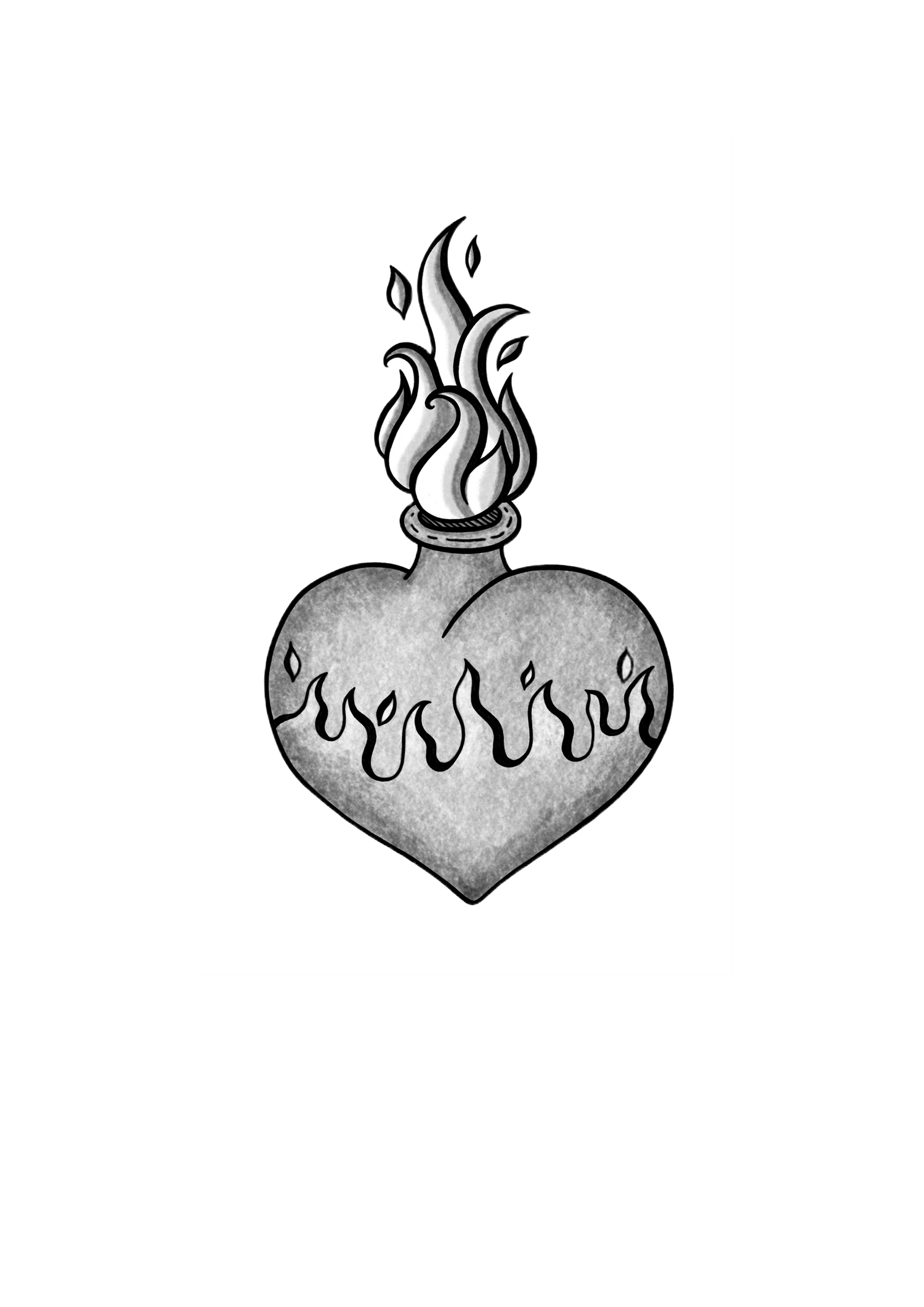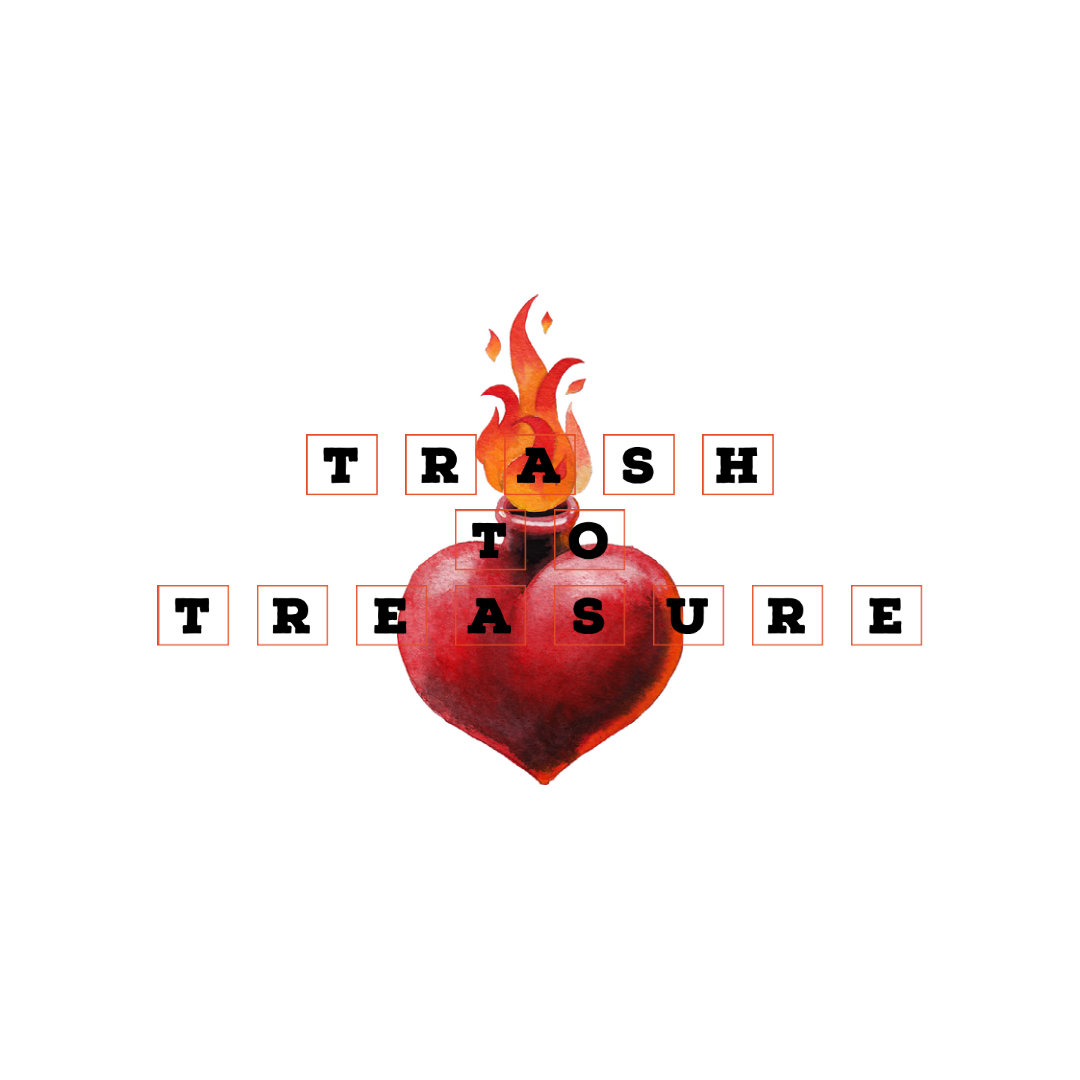At the I-10 and I-295 junction in Jacksonville, Florida, After the Lights Went Out & Just a Moment (remembered so vividly) by E.C. Gannon
there always seems to be a woman
in a Suburban taking up both lanes
and eating a hundred-calorie breakfast,
the radio on so she doesn’t have to
think too much. I’m trying to merge,
staying as far left as possible,
and I still can’t tell if she’s going south,
and I’m not sure she really knows either;
she’s preoccupied with all those suburban,
middle-class cliches, and now she’s
swerving, and I’m honking on the highway
and she doesn’t hear me, so I honk again.
She looks up startled, confused, and even
if she were going south, I’m not sure
it would make any difference; the road
will take her where she’s supposed to go,
and now I’m swerving under the signs
for the Int’l and Daytona Beach,
and as the woman cuts in front of me,
I can’t be mad because I’m trying
to decide if she was anything like me
when she was younger: dreaming,
yearning for something she wasn’t sure
life could offer, loving aimlessly, without
direction, listening to bad music too loudly,
writing her name in too large a font,
and, if so, would that mean I too
am destined to settle, become content
framing and hanging the family I’ll create
in some secure, insular mediocrity?
Was this woman ever hungry? Does aging
satiate you? Is it inevitable that I’ll lose
this desire, this inertia? I can accept
sagging, wrinkling, cracking and groaning,
yes, but not growing satisfied.
Please, anything but that.
The woman and I merge onto the beltway
together, and I turn up my radio.
After the Lights Went Out
I can still smell the gasoline on your clothes,
your signed hair. I can still feel the way
you shuddered into me as I lowered you
into the bathtub. You didn’t make a sound,
just bit my shoulder. I was wearing a wool
turtleneck, so it didn’t matter.
On the windowsill, between the static,
the radio reporters sounded panicked.
They said we must prepare for the water
to stop flowing. They said we must fill
every mug, every glass, every pot.
I tried to make quick work rinsing
the rubble from your body, cleaning
the ash from your open wounds. It hurt,
I knew, so I kept repeating that all we had to
do was get through. We just had to survive.
You lost consciousness as I scrubbed.
Just a Moment (remembered so vividly)
I’m thinking about nineteen and I can smell
the bad weed and taste the cheap beer
from the backyard kegs of the house rented
by the local club tennis team, and as someone
asks a question, or, rather, yells it over
the pongers and pulsating music of adolescence,
I take the last sip of my drink and Michael steps
behind me so he can better hear the conversation,
the topic of which I cannot remember, my back
against his stomach. He asks whoever was talking
to repeat themselves, and they do, and I can’t
tell what’s said because I’m moving backward,
pressing my body into Michael’s and wondering
what he would do if I turned around and tossed
my solo cup to the swamp snakes and wrapped
my hands around his torso, standing on my toes
so he wouldn’t have to crouch to kiss me. Instead,
I stand there, our sweating bodies moving together,
pieces of a puzzle I think I’m not supposed to have.
Michael says he agrees with something and steps
away from me, looking for a new conversation.
At the I-10 and I-295 junction in Jacksonville, Florida: “This was one of the first poems I wrote that I was really excited about, but after a couple of years, two pages worth of cuts, and a few rejections, I just sort of forgot about it.”
After the Lights Went Out: “This is not in any way similar to anything I’ve experienced personally, and while I generally tend to shy away from writing anything autobiographical, I was afraid this poem might be too disingenuous. I also was concerned about the lack of specificity but didn’t want to reference a real historical event because it’s not my place to speak for real survivors. I didn’t have it in me to fully delete it, however.”
Just a moment (remembered so vividly): “As someone who doesn’t use labels for their sexuality (and so never feels “queer enough,” so to speak), I am very nervous about having any writing with heterosexual overtones out in the world, meaning most of said writing immediately ends up in my trash folder.”
E.C. Gannon's work has appeared or is forthcoming in Assignment Magazine, Connecticut River Review, The Meadow, Olit, and elsewhere. A New England native, she holds a degree in creative writing and political science from Florida State University.
